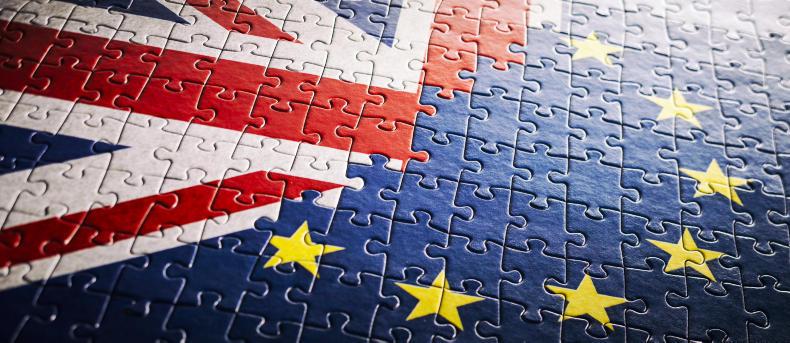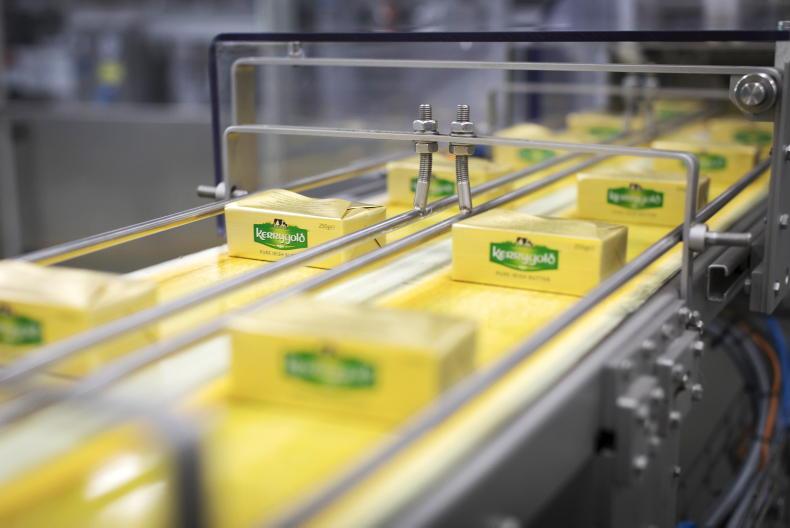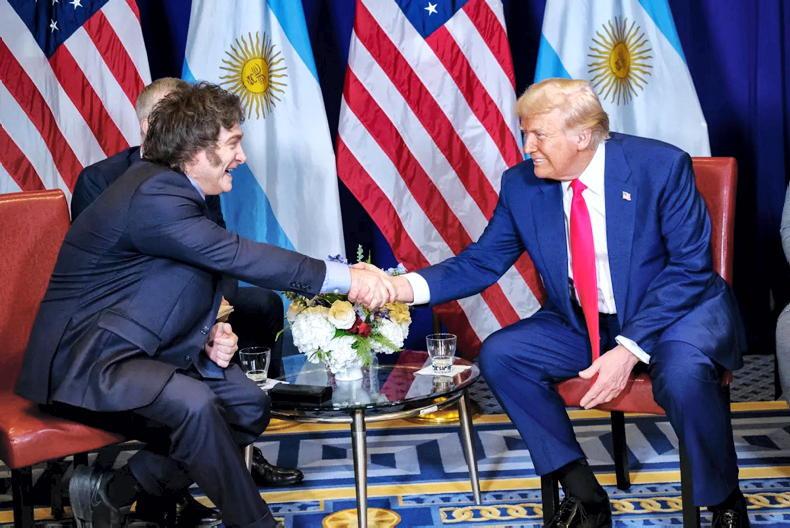The UK’s Department of Environment, Food and Rural Affairs should consider providing a fund to support the UK food-producing industry to adapt effectively to Brexit, a new report by UK MPs has said.
The report, Brexit: Trade in Food, has called on the UK government to support British farming and agriculture in order to prepare it for business post-Brexit
.
While MPs called for a Brexit farming fund, they did not specify how much money should be in such a fund.
The EU is the UK’s single largest trading partner in agri-food products, accounting for 60% of exports and 70% of imports
The report says the UK government should consider what support can be offered to sectors in which imports into the UK and exports out of the UK are roughly equal, such as the dairy industry, to make the UK more self-sufficient.
This would offer these sectors an opportunity to become more productive and would give people the confidence to invest, keep food prices down and keep farmers in business, according to the report.
Trade and tariffs
Employing one in eight people in the UK, the food and farming industry generates over £110bn (€124bn) a year, with trade vital to the industry.
The EU is the UK’s single largest trading partner in agri-food products, accounting for 60% of exports and 70% of imports.
The report highlights that the average EU tariff on dairy products is over 30%, while tariffs could be as high as 87% for frozen beef.
Other examples include a tariff of 46% for cheese or 21% for tomatoes. Some individual products have tariffs over 100%.
The UK sheep, dairy and cereals sectors, those particularly dependent on the export market, will be most affected, it found.
In the report, MPs said the agriculture sector needs clarity as to the government’s long-term vision and future support and called for the publication of the agriculture bill as soon as possible.
After Brexit, the UK will be responsible for setting its own tariff rate quotas. The report called on the government to announce these quotas as soon as possible, so that the UK agricultural industry can have trading certainty for 2019 and onwards.
Free trade agreements
On leaving the EU, if there is no customs union, the UK will be able to pursue free-trade agreements with non-EU countries.
It is essential that the UK government identify those countries where resources should be targeted, according to the report.
It called on the government to start developing relationships at a high political level with potential trading partners in order to ensure that agreements are signed to the benefit of the UK.
While the MPs said they recognised the huge benefit that trade agreements could bring, they said such agreements must not be at the detriment of the UK’s reputation for high standards on animal welfare, the environment and food.
It said the UK government must not allow imports that that have not been produced to the UK’s standards.
Read more
Brussels outlines 30% CAP cut scenario
Exploring trading scenarios post-Brexit
Mercosur and Brexit present twin threat to sucklers
The UK’s Department of Environment, Food and Rural Affairs should consider providing a fund to support the UK food-producing industry to adapt effectively to Brexit, a new report by UK MPs has said.
The report, Brexit: Trade in Food, has called on the UK government to support British farming and agriculture in order to prepare it for business post-Brexit
.
While MPs called for a Brexit farming fund, they did not specify how much money should be in such a fund.
The EU is the UK’s single largest trading partner in agri-food products, accounting for 60% of exports and 70% of imports
The report says the UK government should consider what support can be offered to sectors in which imports into the UK and exports out of the UK are roughly equal, such as the dairy industry, to make the UK more self-sufficient.
This would offer these sectors an opportunity to become more productive and would give people the confidence to invest, keep food prices down and keep farmers in business, according to the report.
Trade and tariffs
Employing one in eight people in the UK, the food and farming industry generates over £110bn (€124bn) a year, with trade vital to the industry.
The EU is the UK’s single largest trading partner in agri-food products, accounting for 60% of exports and 70% of imports.
The report highlights that the average EU tariff on dairy products is over 30%, while tariffs could be as high as 87% for frozen beef.
Other examples include a tariff of 46% for cheese or 21% for tomatoes. Some individual products have tariffs over 100%.
The UK sheep, dairy and cereals sectors, those particularly dependent on the export market, will be most affected, it found.
In the report, MPs said the agriculture sector needs clarity as to the government’s long-term vision and future support and called for the publication of the agriculture bill as soon as possible.
After Brexit, the UK will be responsible for setting its own tariff rate quotas. The report called on the government to announce these quotas as soon as possible, so that the UK agricultural industry can have trading certainty for 2019 and onwards.
Free trade agreements
On leaving the EU, if there is no customs union, the UK will be able to pursue free-trade agreements with non-EU countries.
It is essential that the UK government identify those countries where resources should be targeted, according to the report.
It called on the government to start developing relationships at a high political level with potential trading partners in order to ensure that agreements are signed to the benefit of the UK.
While the MPs said they recognised the huge benefit that trade agreements could bring, they said such agreements must not be at the detriment of the UK’s reputation for high standards on animal welfare, the environment and food.
It said the UK government must not allow imports that that have not been produced to the UK’s standards.
Read more
Brussels outlines 30% CAP cut scenario
Exploring trading scenarios post-Brexit
Mercosur and Brexit present twin threat to sucklers








SHARING OPTIONS